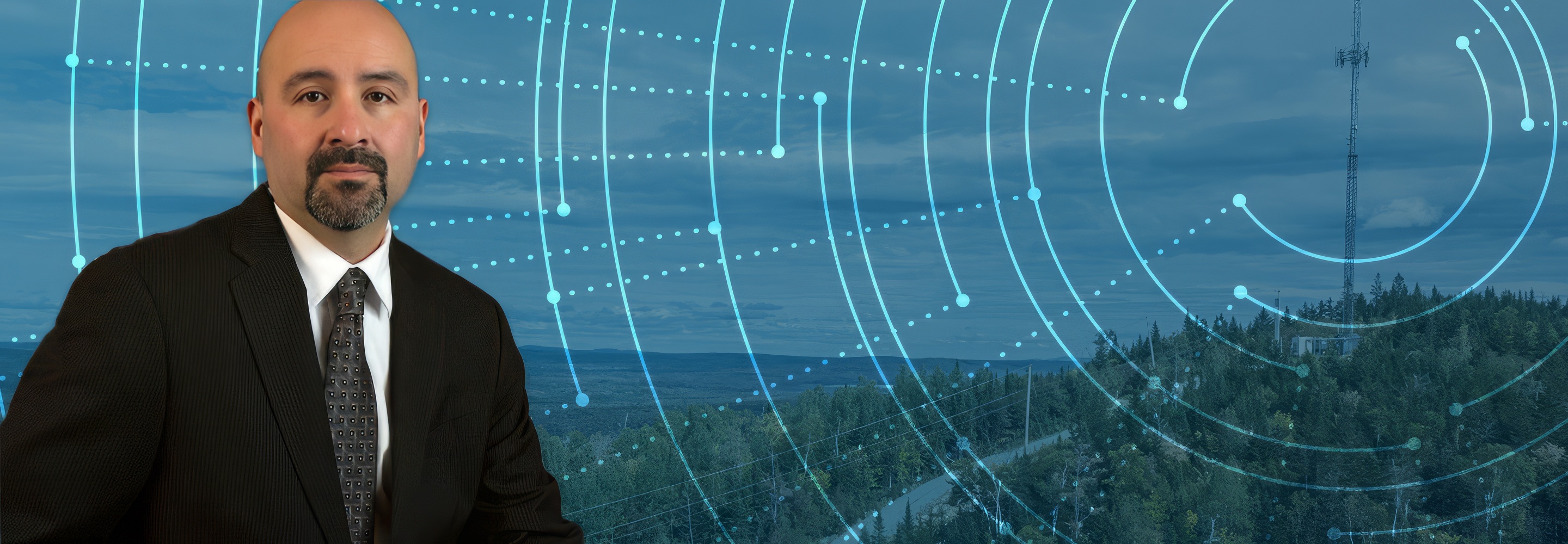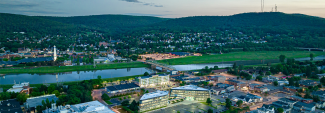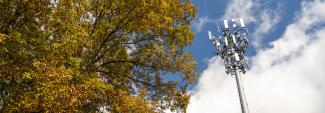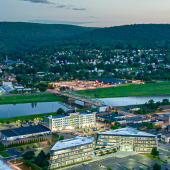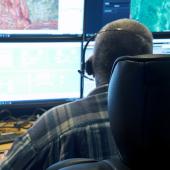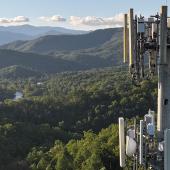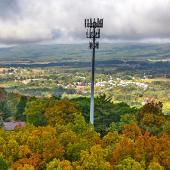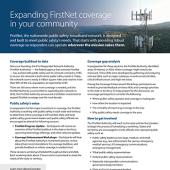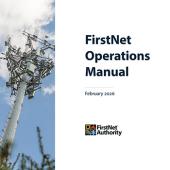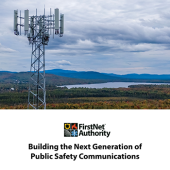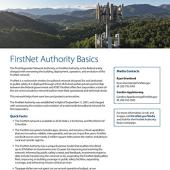Before joining the FirstNet Authority as the National Tribal Government Liaison, Jasper Bruner dedicated over 20 years to Tribal law enforcement and other public safety roles. He began his career as an officer with the Muscogee (Creek) Nation Lighthorse Police Department in Tulsa, Oklahoma. After serving his home state, Jasper took on law enforcement roles in the State of Washington, including as chief of police for the Makah Tribe in Neah Bay, Washington.
Throughout his tenure in law enforcement, Jasper has managed everything from EMS to the fire department to natural resource management and beyond. We caught up with Jasper to discuss FirstNet’s role in Tribal public safety and how dedicated broadband can help those in Indian Country stay connected.
How did you see communications tools and methods change during your career?
The tools and methods of communications have changed drastically during my career in law enforcement. I started my career with a handheld radio, in-car radio, and a bag phone for primary sources of communications while on patrol. Officers now carry a smart phone on their person that does everything.
Technology has greatly advanced. We now have the power to search and learn right on the spot. Mobile phone communications are reliable and can reach across the entire nation. This is a very exciting time for public safety communications as we see technology solutions evolve to ensure first responders stay connected.
What made you want to work with the FirstNet Authority?
I was familiar with FirstNet and the FirstNet Authority from my time as chief of police for the Makah Tribe in Neah Bay.
During that time, I was also serving as the western Washington Tribal representative on the Washington State Emergency Management Council. In that role, I had the opportunity to work with multiple tribes to discuss their needs and then relay this information to the council. That experience opened my eyes to the importance of state and Tribal consultation. It further motivated me to become an advocate for Indian Country.
While I was on the council, there was a series of landslides that cut the Makah Tribe off from the outside world for several days. Coordinating the emergency response efforts sparked my interest in working with other Tribal nations on disaster preparedness. Our response effort during this response became the model that is currently being used and taught for the State of Washington emergency response.
When I saw the National Tribal Government Liaison position open with the FirstNet Authority, I knew I was interested. The role offered a way to combine my skills working across Tribal, federal, state, and local governments with my desire to improve emergency communications for Tribal responders. I saw this role as an opportunity to use my experience and knowledge to benefit Indian Country.
Where do you see FirstNet having the greatest impact for Tribal public safety officials?
For me, it’s about the opportunity that FirstNet brings to our communities. Not only will it improve infrastructure for Tribal public safety, but the greater community as well. FirstNet is built to last, which means flexibility is built into the network, ensuring every step forward is supported by the very latest in technology.
That’s where I get excited — what we’re doing is going to have a ripple effect throughout Tribal Nations. We are on the front lines of closing the digital divide and bringing reliable communications to areas that have been overlooked in the past.
In your role as the FirstNet Authority’s national Tribal government liaison, how do you work with Tribal public safety?
After over two decades of working in public safety, I’ve learned the importance of spending time in the community and talking to folks. In Indian Country, interpersonal communication is core to how we connect and share information.
It is important to me to meet face-to-face with this community as much as I can — whether at a conference or in a one-on-one meeting. When I can’t meet in person, a phone call or email will do, but the key is to stay connected and communicate with these folks. I try to carve out time to reach out to see how they’re doing, answer questions, and connect them to resources or solutions.
That's where I see the FirstNet Authority as being a pivotal component. We are connecting people and educating them on what's going on with other tribes and FirstNet, as well as how this federal program can benefit their communities. We're here to support you.


